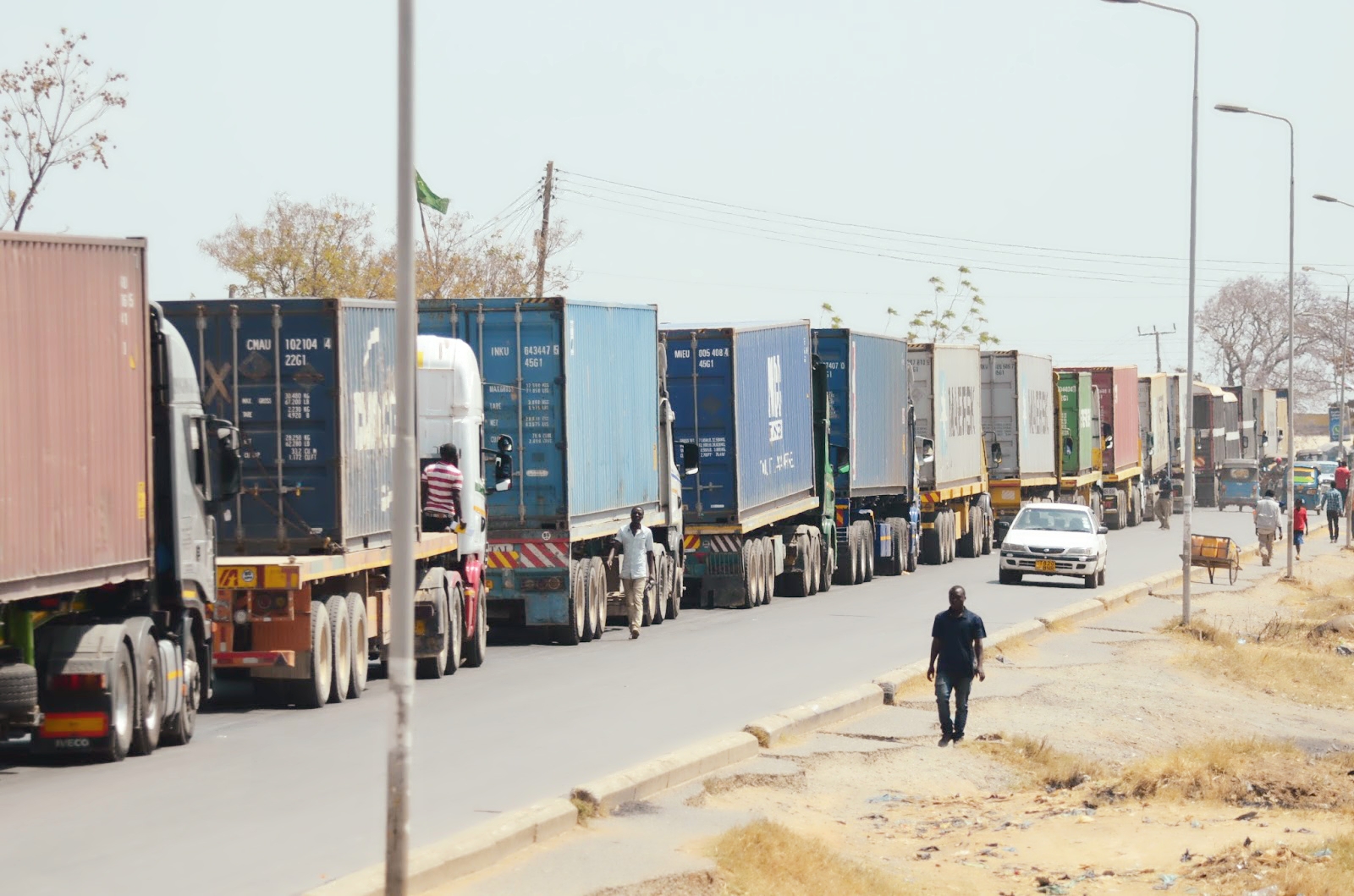Tanzania yet to get global oil spills funds despite being a member since 2010

What you need to know:
- Speaking to The Citizen, recently the principal engineer of Tanzania Shipping Agencies Corporation (Tasac), Mr Eddyson Chalamila, said the country was yet to receive compensation funds due to the fact that despite being an active member it has not met qualifications.
Dar es Salaam. Tanzania is yet to receive monetary benefits from International Oil Pollution Compensation Funds (IOPC Funds) since joining IOPC facility of the International Maritime Organisation (IMO) in 2010.
Speaking to The Citizen, recently the principal engineer of Tanzania Shipping Agencies Corporation (Tasac), Mr Eddyson Chalamila, said the country was yet to receive compensation funds due to the fact that despite being an active member it has not met qualifications.
“To qualify to access IOPC funds, the country must submit an annual report indicating that it imports the specified amount of crude through its major ports and it pays the specified fees,” said Mr Chalamila who is also supervising TASAC research unit.
Mr Chalamila said that due lack of reliable data on crude oil importation the country is neither accessing such funds nor paying annual membership feeds.
According to him, the country is yet to furnish IMO the amount of crude oil imported annually.
According to the latest resolution of IOPC Funds, for the country to access such funds earmarked for combating oil spills has to submit data indicating that it imports more than 150,000 tonnes of crude oil.
The IOPC Funds are financed by contributions levied on any entity that has received in the relevant calendar year more than 150,000 tonnes of contributing oil (that is, crude and/or heavy fuel oil) in ports or terminal installations in a Member State, after carriage by sea. Contributions are paid by the individual contributors directly to the Funds,” reads part of IOPC Funds of last year.
The levy of contributions depends on reports of the amounts of oil received by individual contributors, which the governments of Member States are obliged to submit annually to the Secretariat, according to IOPC Funds.
The same report from IOPC Funds clarifies that: “these amounts are used as the basis of the levy, calculated to provide monies to administer the Funds and to pay claims approved by the governing bodies.”
A system of deferred invoicing exists whereby the total amount to be levied in contributions for a given calendar year is fixed, but only a specific lower total amount is invoiced for payment by 1st March, and the remaining amount or a part thereof, is invoiced later in the year if necessary, according to IOPC Funds.
The document which was availed to The Citizen shows that in 2016 the government approved the National Marine oil Spill Response Contigency Plan that stipulates on government responsibility.
Under such plan on combating oil spills, the government has established the National Marine Oil Spill Co-ordinating committee; including Tanzania Harbours Authority, Tasac, National Environmental Management Council, Vice President’s Office, Navy, Marine Police Unit, Ministry of Works, Transport and Communications and Zanzibar Oil Commission.



